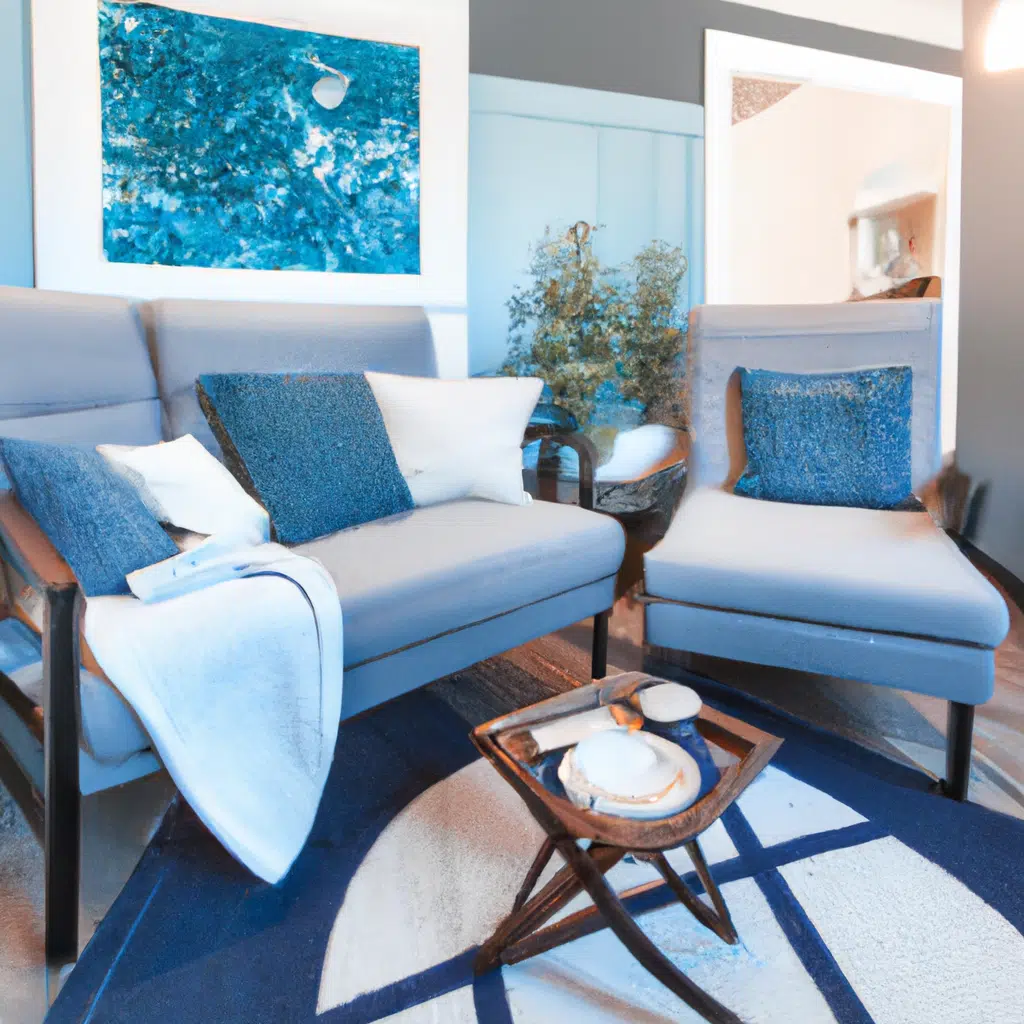
As the world becomes more conscious of its impact on the environment, people are looking for ways to live more sustainably. One of the ways to achieve this is by embracing minimalism, a design philosophy that emphasizes simplicity and functionality while reducing waste and clutter. In this article, we will explore some minimalist design tips that you can use to live a more sustainable lifestyle.
Understanding Minimalism
Minimalism is a design philosophy that emphasizes simplicity, functionality, and the use of only what is necessary. It is a way of living that focuses on quality over quantity, and it encourages people to reduce their consumption and material possessions. Minimalism is not just about getting rid of things but also about making conscious choices and embracing a more intentional way of living.
The Benefits of Minimalism
Minimalism offers several benefits, including reducing stress, saving money, and promoting sustainability. By living a more minimalist lifestyle, you can declutter your home, reduce your carbon footprint, and save resources. Additionally, minimalism can help you focus on the things that truly matter, such as relationships, experiences, and personal growth.
- Start Small
The first step towards embracing minimalism is to start small. Begin by decluttering your home and getting rid of things that you no longer need. Donate or sell items that are still in good condition, and recycle or dispose of items that are no longer usable. As you declutter, focus on keeping only the things that you truly need and cherish.
- Choose Quality Over Quantity
When purchasing new items, choose quality over quantity. Invest in high-quality, durable items that will last for years instead of buying cheap, disposable items that will need to be replaced frequently. Look for products made from sustainable materials such as bamboo, cork, or organic cotton.
- Embrace Natural Light
Natural light is a key element of minimalist design. Embrace natural light by removing heavy curtains or blinds and allowing sunlight into your home. Use light-colored or sheer curtains to diffuse the light and create a warm, inviting atmosphere.
- Use Plants as Decorations
Plants are a great way to add natural elements to your home and improve indoor air quality. Use plants as decorations, placing them in areas that receive natural light. Choose plants that are easy to care for, such as succulents or snake plants.
- Reduce Energy Consumption
Reducing energy consumption is an important part of living a sustainable lifestyle. Choose energy-efficient appliances and light bulbs, and turn off electronics when they are not in use. Use a programmable thermostat to regulate your home’s temperature and reduce energy usage.
- Use Recycled Materials
When purchasing new items, look for products made from recycled materials. Many companies now offer products made from recycled paper, plastic, or glass. Additionally, consider recycling or repurposing items that you no longer need.
- Buy Local
Buying local is another way to live more sustainably. By purchasing products from local businesses, you can reduce your carbon footprint and support your community. Look for farmers’ markets, local artisans, and small businesses in your area.
Conclusion
Minimalism is a design philosophy that can help you live a more sustainable lifestyle. By embracing minimalism, you can reduce your consumption, declutter your home, and focus on the things that truly matter. Use the tips outlined in this article to create a minimalist home that promotes sustainability and improves your quality of life. Remember, every small step towards sustainability counts, and by making conscious choices, you can make a positive impact on the environment.

